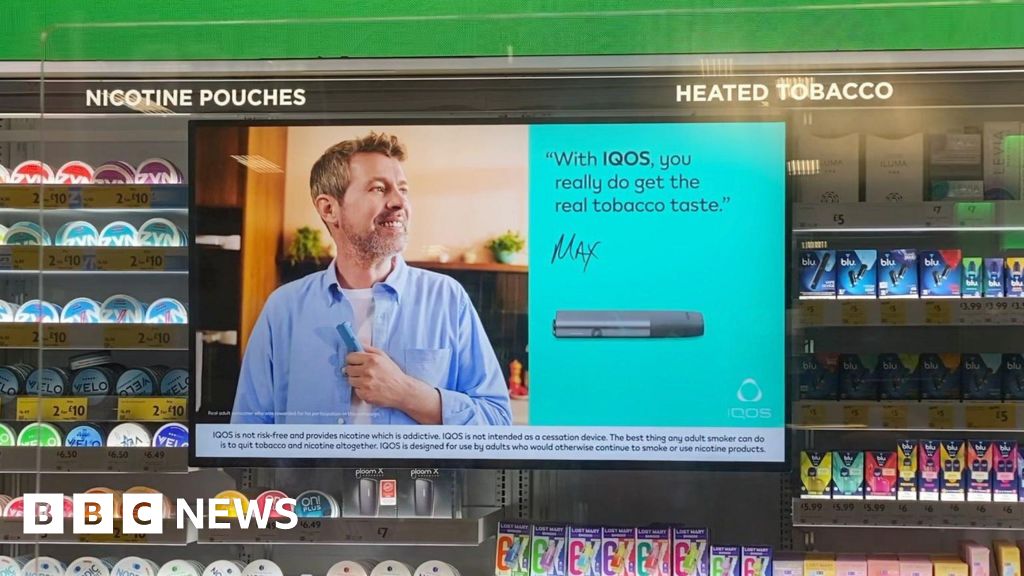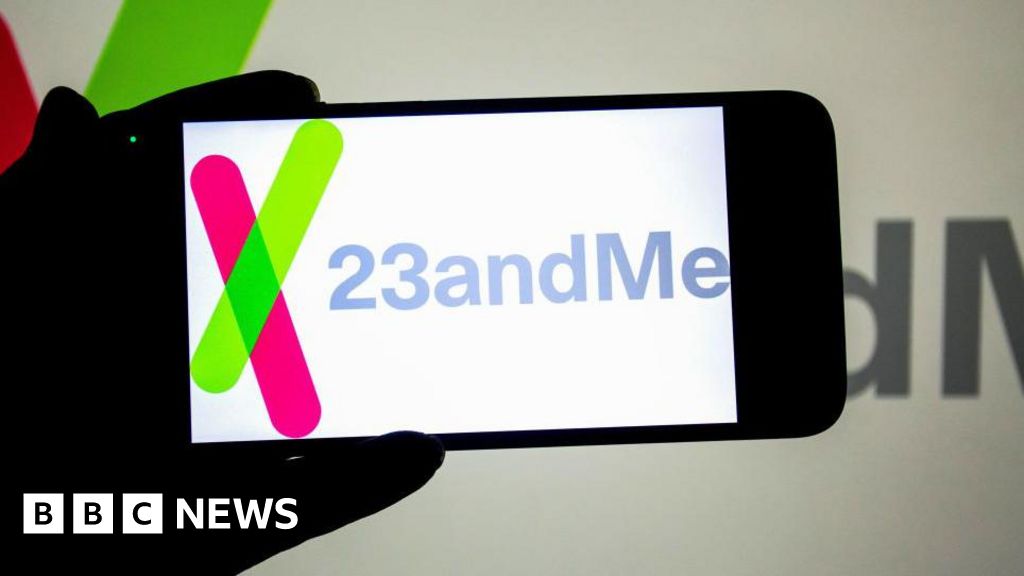Unlock the Editor’s Digest for free
Roula Khalaf, Editor of the FT, selects her favourite stories in this weekly newsletter.
Siemens Healthineers has agreed to buy part of a Novartis business that specialises in producing radioactive chemicals used for cancer scans, in a further boost to the healthcare group’s biggest line of business.
The German group will pay more than €200mn for the diagnostic arm of Advanced Accelerator Applications, according to two people briefed on the deal. The companies separately confirmed the transaction.
AAA, which was bought by Switzerland-based Novartis in 2017, operates Europe’s second largest network of cyclotrons. These are used to manufacture the radioactive compounds that allow cancer, heart disease and neurological disorders to be detected on positron emission tomography (PET) scans.
Siemens Healthineers, which was spun out of parent company Siemens in 2017, said the deal would allow its US-based PET radiopharmaceuticals business — the world’s largest — to expand into Europe.
The transaction is expected to close in the last quarter of the year, pending regulatory approval and negotiations with Novartis’s works council. Novartis put AAA’s diagnostics division up for sale last year, in an effort to divest low-growth parts of its business.
Compared with other types of medical techniques such as magnetic resonance imaging (MRI), PET scans tend to be more expensive and capacity is more limited in state-run European health systems. But they are becoming a standard tool to diagnose certain cancer types.
The scans are typically used to detect solid tumours, such as lung, breast and cervical cancer. They are also used to discover where cancer has spread in the body and to monitor how patients are responding to treatment.
Selling imaging equipment is the biggest part of Siemens Healthineers’ business, and the deal secures a supply of critical radioactive materials, the people briefed on the details said. Siemens Healthineers’ imaging division generated nearly €3bn in sales, more than half of quarterly group revenues, in the three months to the end of June this year. Its market value was €58bn at close of trading on Friday.
The company said it was important to produce the materials near patients because the radioactive compounds have a short half-life and need to be used on the day they are manufactured.
PET scan capacity more than doubled in at least a dozen European countries between 2010 and 2020, according to data from the European Commission, pushing up demand for the radioactive compounds manufactured by AAA.
Novartis bought AAA for $3.9bn to access radiopharma drugs being developed by the French biotech. Radiopharma drugs, otherwise known as radioligand therapy, are a promising new field in cancer treatment. The drugs are designed to deliver a targeted form of radiotherapy that kills cancerous cells but with much less damage to healthy tissue.
AAA’s lead drug Lutathera was approved for use to treat neuroendocrine tumours in 2018 and is expected to generate $704mn in sales this year, according to analyst consensus estimates.
Novartis decided to sell AAA’s diagnostics arms — the much smaller part of the business — after concluding that “the growth of the molecular imaging business would be best supported under the ownership of a dedicated diagnostics shareholder”, the pharma group said.
As part of the deal with Siemens Healthineers, Novartis will also work with the German company to increase its supply of the nuclear isotopes used in radiopharma drugs such as Lutathera, the people added.
Credit: Source link











